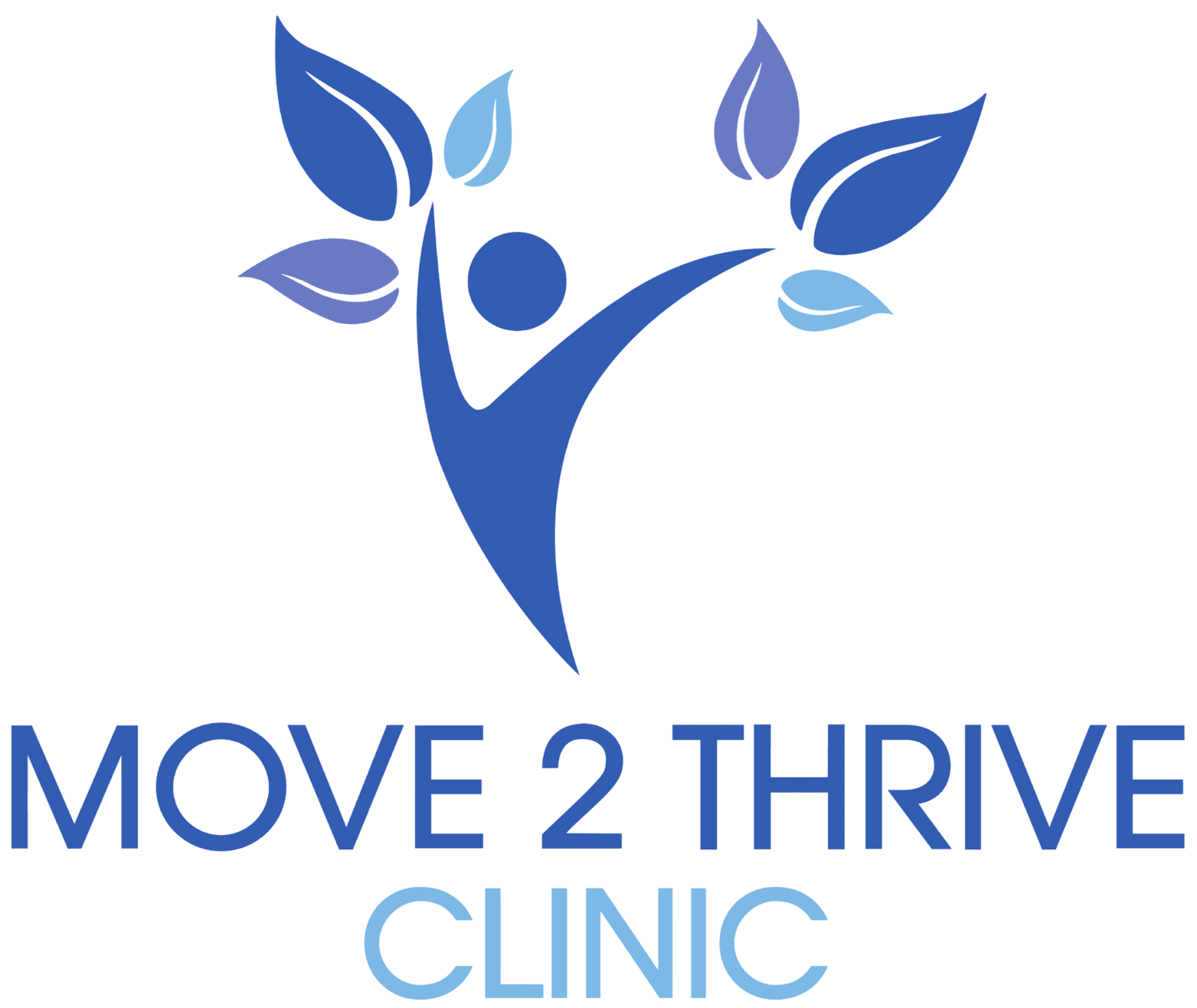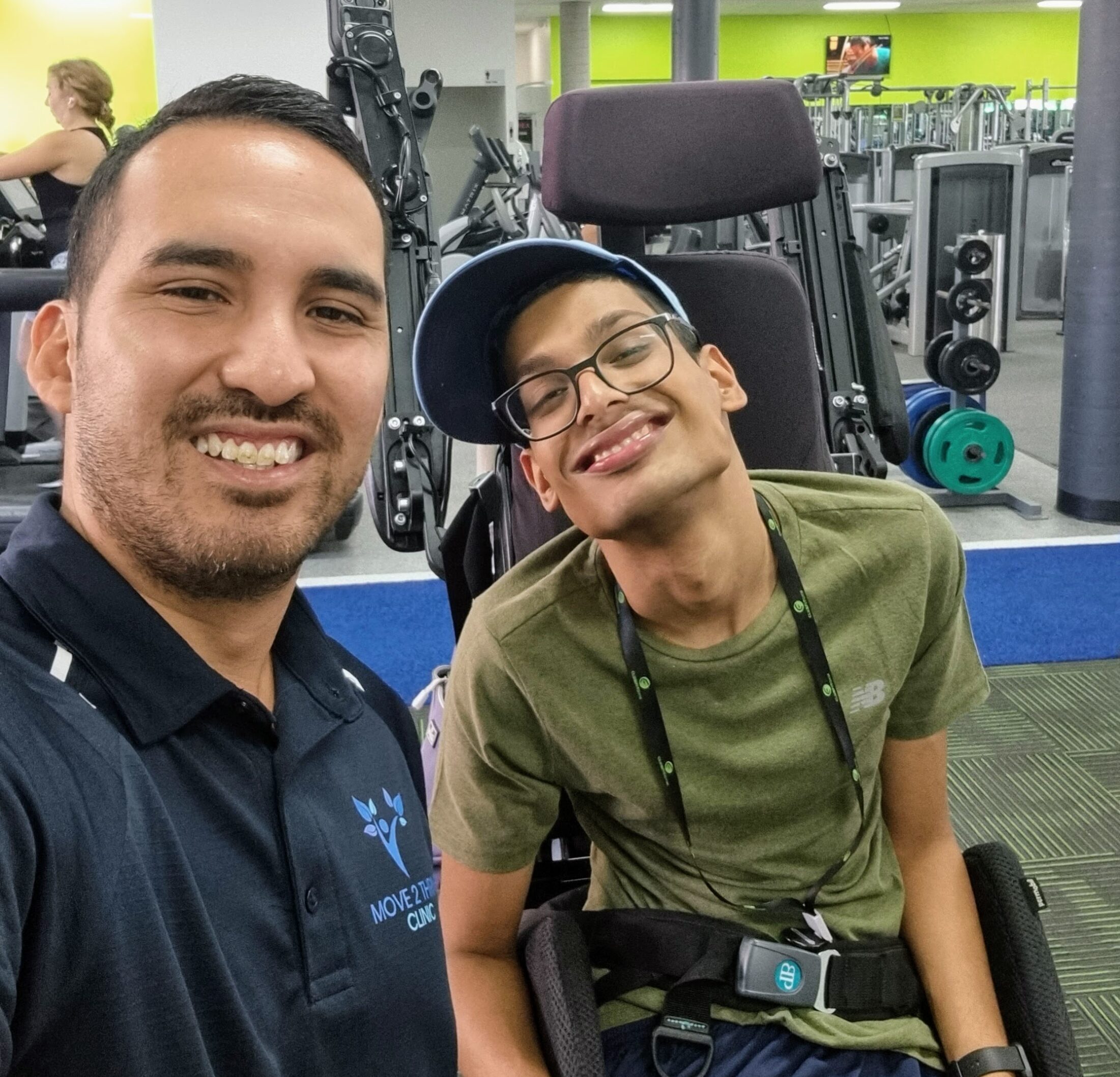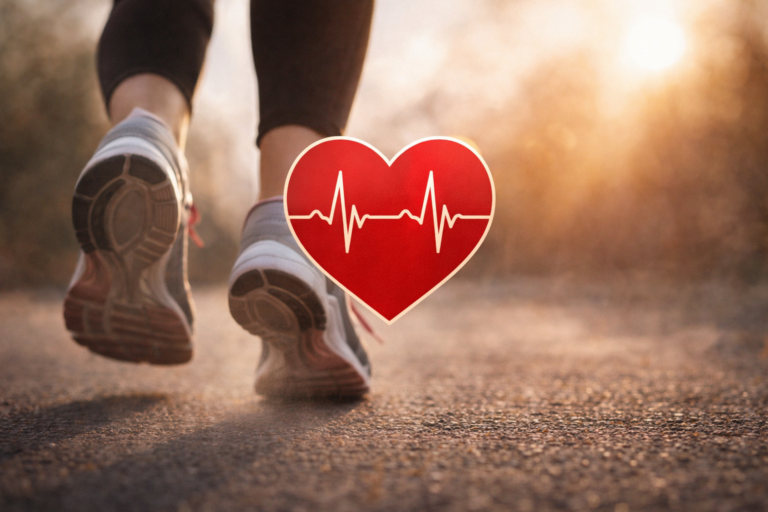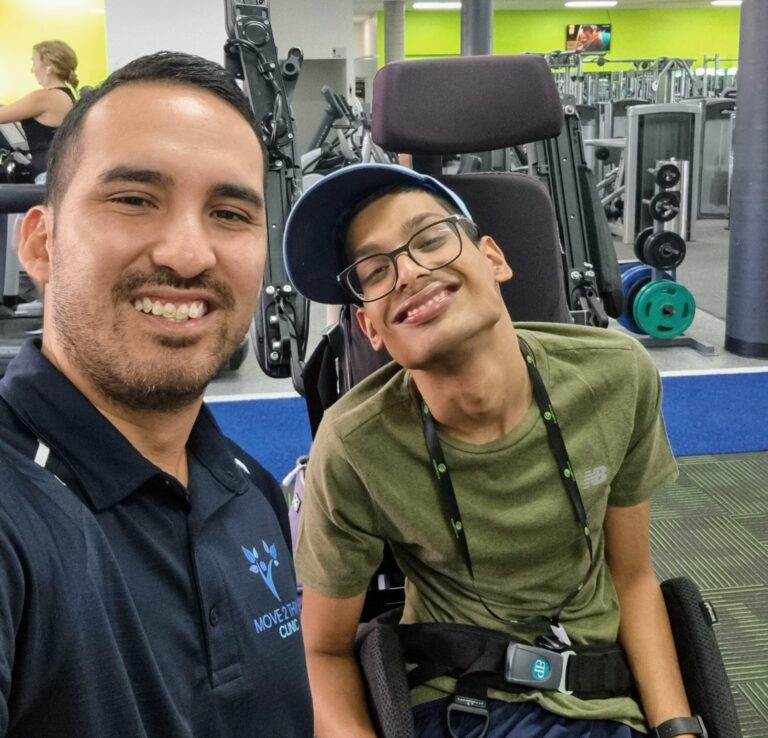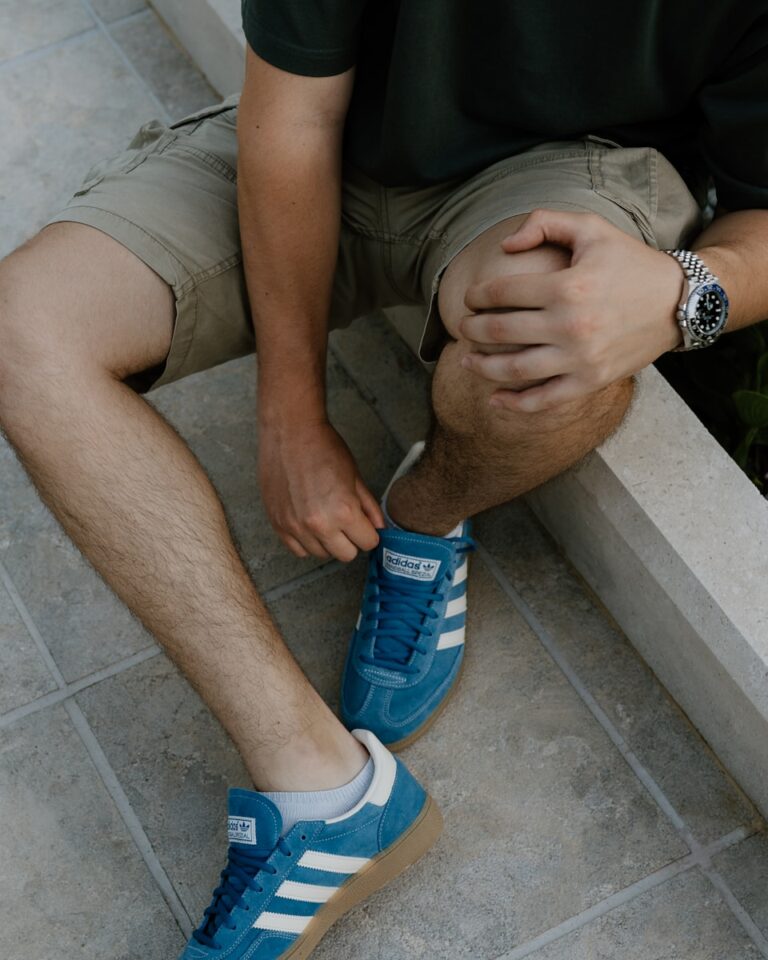If you or someone you care for is an NDIS participant, you’ve probably heard about Exercise Physiology — but might be wondering what exactly we do and how it can help.
At Move 2 Thrive Clinic, our NDIS Exercise Physiologists help people of all ages and abilities move better, feel stronger, and live more independently.
Whether you’re a parent, support coordinator, or plan reviewer, this guide explains what Exercise Physiology is, who it helps, and why it can make a genuine difference in daily life.
💙 What Is an NDIS Exercise Physiologist?
An Exercise Physiologist (EP) is an allied health professional university-qualified in exercise science and clinical rehabilitation — accredited with Exercise & Sports Science Australia (ESSA).
We design safe, evidence-based exercise and movement programs that help people with disability improve their function, health, and confidence.
Our sessions are goal-driven, person-centred, and fully aligned with the NDIS Capacity Building categories:
-
Improved Health & Wellbeing
-
Improved Daily Living
So whether your goals are to walk safely at home, build confidence in the community, or establish a consistent weekly routine, Exercise Physiology is about much more than fitness — it’s about building capacity, participation, and self-belief.
🌱 How Exercise Physiology Helps NDIS Participants
Our EPs work closely with participants, families, and support teams to design programs that fit your life — not the other way around.
We help participants to:
-
Build strength, balance, and coordination for everyday movement
-
Improve fitness, mobility, and confidence
-
Manage chronic health conditions (like diabetes, arthritis, or heart disease)
-
Improve posture, energy, and sleep
-
Build independence for daily activities — dressing, cooking, shopping, or self-care
-
Improve mood, emotional regulation, and mental health through movement
-
Create structure and positive routines that support long-term consistency
Many of our clients live with autism, ADHD, intellectual disabilities, psychosocial challenges, or other non-visible disabilities.
For these participants, Exercise Physiology isn’t just about movement — it’s about developing routine, self-regulation, and confidence in daily life.
🏠 Where and How We Deliver Sessions
We know every person — and every plan — is unique. That’s why we make access easy and flexible.
You can work with our Exercise Physiologists:
-
🏋️ In our modern Minchinbury gym, using state-of-the-art facilities
-
🏡 At your residence or group home — where you feel most comfortable
-
🏫 In day programs or schools — promoting participation during daily routines
-
🌳 At your local park or community space — making movement enjoyable
-
💻 Via telehealth — ideal for remote or time-limited access
-
🏢 In your local gym — whether you’re already a member or not
Wherever we meet, the goal is the same: to help you move confidently, safely, and with purpose.
🧠 Exercise Physiology vs Physiotherapy — What’s the Difference?
It’s a question many coordinators and families ask — and an important one.
| Profession | Focus | Goal |
|---|---|---|
| Physiotherapist | Diagnoses and treats acute injuries or pain | Short-term recovery and treatment |
| Exercise Physiologist | Builds ongoing strength, fitness, and function | Long-term capacity, participation, and confidence |
Often, the best outcomes happen when both professionals work together — Physios help you recover, and EPs help you keep progressing.
🧩 Funding & Referrals
Our services are available to self-managed, plan-managed, and NDIA-managed participants under the NDIS.
Exercise Physiology can be funded through:
-
Improved Health & Wellbeing (12)
-
Improved Daily Living (15)
If you’re a parent, support coordinator, or plan reviewer, we can provide supporting reports and measurable outcomes to demonstrate how our programs build independence and capacity — helping participants make the most of their plans.
📩 Make a Referral
📞 Call Us
📧 Email Us
📍 Areas We Service
We’re proud to support NDIS participants and families across:
Primary Areas (Western Sydney):
Minchinbury · Rooty Hill · Mt Druitt · St Marys · Erskine Park · Penrith · Blacktown
Other Greater Sydney Areas:
Parramatta · Ryde · Epping · Sutherland Shire · Panania · Bankstown · Blue Mountains · Campbelltown
We’re local to Western Sydney — and passionate about helping our community move, grow, and thrive.
💬 Frequently Asked Questions
Q: Who can benefit from NDIS Exercise Physiology?
A: Anyone living with disability who wants to improve movement, strength, confidence, and independence — regardless of age or diagnosis.
Q: How do you help people with autism or psychosocial disabilities?
A: We focus on building consistent routines, emotional regulation, and daily participation — not just physical exercise.
Q: Can sessions be held at home or in a local gym?
A: Absolutely. We provide home visits, community sessions, and gym-based programs (whether you’re a member or not).
Q: Do you support NDIA-managed participants?
A: Yes — we’re a registered NDIS provider supporting all plan types across Western Sydney and Greater Sydney.
🌟 Why Families, Coordinators & Planners Choose Move 2 Thrive Clinic
-
🧩 NDIS-registered, evidence-based, and outcome-driven
-
🏋️ Modern gym in Minchinbury plus home, community, and telehealth options
-
💙 Trusted by families and support coordinators across Western Sydney
-
🧠 Collaborative team of Exercise Physiologists, Physiotherapists, and Dietitians
-
🎯 Goal-measurable reports for NDIS reviews and plan renewals
✍️ Final Thoughts
By Jeremy Pucheta, Founder & Accredited Exercise Physiologist
At Move 2 Thrive Clinic, we believe movement changes more than just your body — it transforms your confidence, your mindset, and your daily life.
We’re here to help you or your loved one move forward with purpose, progress, and support that truly fits.
💙 Because when we move, we don’t just get stronger — we get living again.
